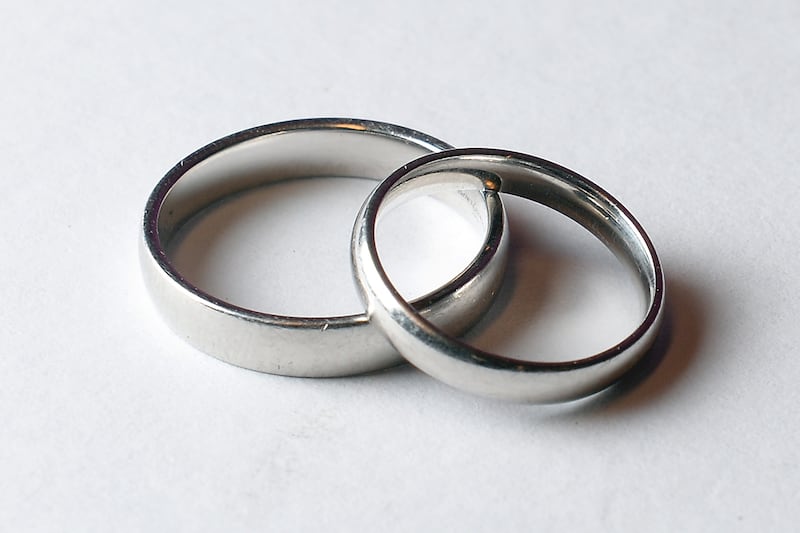February 17 1925
Stormy scenes developed at a meeting in the Rotunda, Dublin, last night, when Mr [Seán] Milroy, as Independent National candidate for North Dublin, opened his campaign.
At one point it was impossible for the speaker to complete a sentence, and there was great difficulty in hearing his remarks.
Mr P O’Maille, TD, who presided, and spoke almost without interruption, said men like Mr Milroy and himself accepted the Treaty as a stepping stone to greater things.
Mr Milroy, who was received with cheers and boos, said he did not believe that the national interest was being served by throwing on the scrap-heap those who made the Free State possible, and he was convinced that, from the national and economic point of view, the government policy was reactionary, demoralising, and subversive of the rights of the people.
He had opposed chaos and anarchy, and equally emphatically did he decline to give allegiance to the arrogant autocracy of the political boss. The government did not reflect the people’s will, but was evading it.
“We,” he said, “stand for the Treaty but not as a basis to rehabilitate the old ascendancy.”
There were interruptions, and a voice: “What about Childers and Rory O’Connor?”
Mr Milroy was speaking about the government’s economic policy when considerable commotion arose at the back, following some heckling, and Mr Milroy promised to answer the questions when he was finished.
He said he understood that the customs duty receipts from tea, sugar, and tobacco for the 11 months ending November last year amounted to £3,800,000, and he proposed to transfer those duties to imported luxuries and other articles at present duty free. There was nothing equitable in a poor woman paying a tax on tea and sugar while a wealthy woman buying a 20 guineas set of furs was immune from contribution to the state.
From this to the end of his remarks, Mr Milroy was continually heckled, and his voice, though pitched in stentorian tones, was frequently drowned in the cries and yells from the audience. Raising his voice, he could be heard shouting: “I never flinched from the opposition no matter where it came.”
The din created was deafening, and Mr Milroy sat down, amidst cheers and boos.
Despite the Civil War hostilities having ended almost two years previously, the political climate was still very tense in the Free State, as Seán Milroy, who had left the governing Cumann na nGaedheal party in 1924, discovered.






